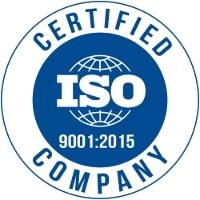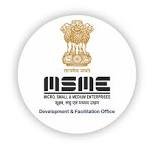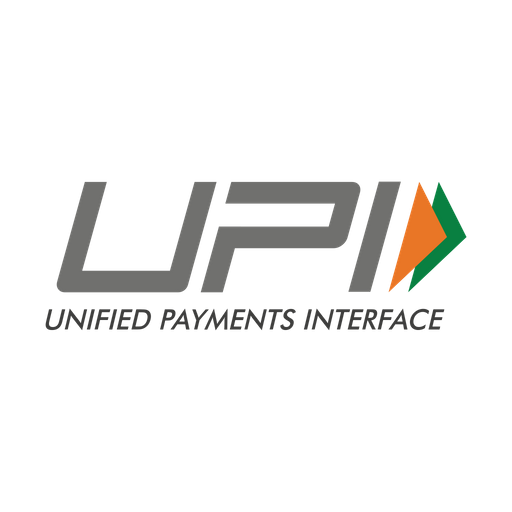
EPR Certificate Consultant
EPR Certificate Consultant, EPR For Plastic, E-Waste, Buttery Waste Registration Under CPCB
Certificate of EPR Authorization
All Indian producers, importers, brand owners, and manufacturers of tires, plastic packaging, batteries, and electronics are required to have an EPR authorization. The technical advice on how the EPR regulations apply to your company will be provided by Team BRL India Certificate Consultant. They will also assist you with the paperwork needed to obtain CPCB registration and certification.
Overview of Extended Producers Responsibility (EPR) Authorization
EPR stands for Extended Producer Responsibility. As per the EPR Rules of India, EPR Registration is mandatory for producers, importers, brand owners and manufacturers that are involved in the products generating e-waste, plastic waste, battery waste or tyre waste. They need to get the EPR Certificate to compensate for the waste caused by their products in the market. This policy is based on the polluter pays principle. It supports the idea of sustainable development and keeps the waste generation of the country in check.
The producers need to get EPR Authorization and remove the waste caused by them and the same shall be reported to CPCB every year. This eases the burden from the shoulders of the central and state government as it doesn’t have to worry anymore about the effort and money that the waste management would have taken. What if one doesn't follow the EPR? Well, without EPR Certification, no entity in India to who’s its applicable can run the business activities legally and violation of rules and regulations concerning EPR can result in penalties.
Key Components of EPR Authorization
-
EPR Registration:
- Producers, importers, brand owners, and manufacturers must obtain EPR Registration.
- This registration is essential for legally conducting business activities related to products that generate significant waste.
-
EPR Certificate:
- An EPR Certificate is issued upon successful registration.
- It serves as proof that the entity has complied with the regulations and is actively involved in managing the waste generated by its products.
-
Waste Management Obligations:
- Entities are required to manage and mitigate the waste their products generate.
- This involves setting up systems to collect, recycle, and dispose of waste in an environmentally responsible manner.
-
Reporting to CPCB:
- Producers must report their waste management activities to the Central Pollution Control Board (CPCB) annually.
- This ensures transparency and accountability in waste management practices.
Benefits of EPR
- Environmental Sustainability: Encourages sustainable development by ensuring that producers take responsibility for the environmental impact of their products.
- Economic Efficiency: Reduces the financial and logistical burden on government bodies by shifting waste management responsibilities to producers.
- Pollution Control: Helps in keeping the generation of waste in check, thereby reducing pollution levels.
Consequences of Non-Compliance
- Legal Implications: Operating without an EPR Certificate is illegal for entities involved in generating e-waste, plastic waste, battery waste, or tyre waste.
- Penalties: Violations of EPR regulations can result in substantial fines and other legal actions.
- Business Impact: Non-compliance can lead to the suspension of business activities and harm the entity's reputation.
Sectors Affected by EPR
- E-Waste: Involves electronic and electrical products.
- Plastic Waste: Covers packaging and other plastic products.
- Battery Waste: Includes all types of batteries.
- Tyre Waste: Pertains to the management of used tyres.
What is EPR Authorization?
In this period where environmental considerations are increasingly central, tackling the waste management problem is a critical step towards building a sustainable future.
EPR authorization is an important part of this ecosystem, we will explore what it means and why it is necessary. An Extended Producer Responsibility (EPR) permit is a license issued by the Central Pollution Control Board(CPCB) to manufacturers, importers, and brand owners (PIBOs) of electrical and electronic equipment (EEE). The EPR Authorization is mandatory and issued for the ecological treatment of generated electronic waste. Industrialized countries are implementing the EPR legislative strategy to promote and encourage the reuse, recycling, and ecological disposal of e-waste. Extended producer responsibility ensures that the responsibility for the disposal of e-waste lies with the producer of the goods. Under EPR programs, manufacturers and importers are legally responsible for the collection, recycling, and safe disposal of their products at the end of their useful life. The permitting process usually involves obtaining approval from the Central Pollution Control Board (CPCB) or relevant national pollution control agencies, which define specific goals and deadlines for waste management and recycling. The EPR permit is an important part of India's efforts to meet its waste management challenges, promote recycling, and reduce the burden on landfills and the environment. This is in line with the country's broader goals of sustainability and a cleaner environment.
Popular Services
One Person Company | Nidhi Company | Company Registration | Tax Notice | Indian Subsidiary | HSN Code | Section 8 Company | Trademark Search | USA Company Registration | FSSAI Registration | Import Export Code | ESI Registration | Proprietorship | GST Return Filing | Patta Chitta | PF Registration | Payroll | Business Tax Return Filing | PF Return Filing | Eway Bill | GST Registration | TDS Filing | Udyam Registration | Trademark Registration | Startup India Registration | Professional Tax | Personal Tax Filing | Check Company or LLP name Availability
Popular Searches
Partnership | Limited Liability Partnership | Digital Signature | Copyright Registration | Unified Portal | PAN Card Download | Nadakacheri | Flipkart Seller | Caste Certificate | IAY | EPFO Passbook | Domicile Certificate | Udyog Aadhaar | PF Withdrawal | Karnataka One | Encumbrance Certificate | Bonafide Certificate | Instant PAN Card | E PAN Card | Income Certificate | Marriage Certificate | Passport Renewal | Nivesh Mitra | MSME Registration | Experience Certificate | Trademark Status | Trade License | Domicile | eMitra | UAN | PICME | Resignation Letter Format | Ration Card | TNREGINET | RAJSSP | LLP Compliance | Form 16 | Police Clearance Certificate | OBC Certificate | Jamabandi | Mee Bhoomi | SC Certificate | UAN Login | eAadhaar Download | Linking Aadhaar To Bank Accounts | mAadhaar | Aadhaar Enrollment Centre | UAN Passbook | Amazon How to Sell | PAN Card Apply | EPFO Unified Portal









